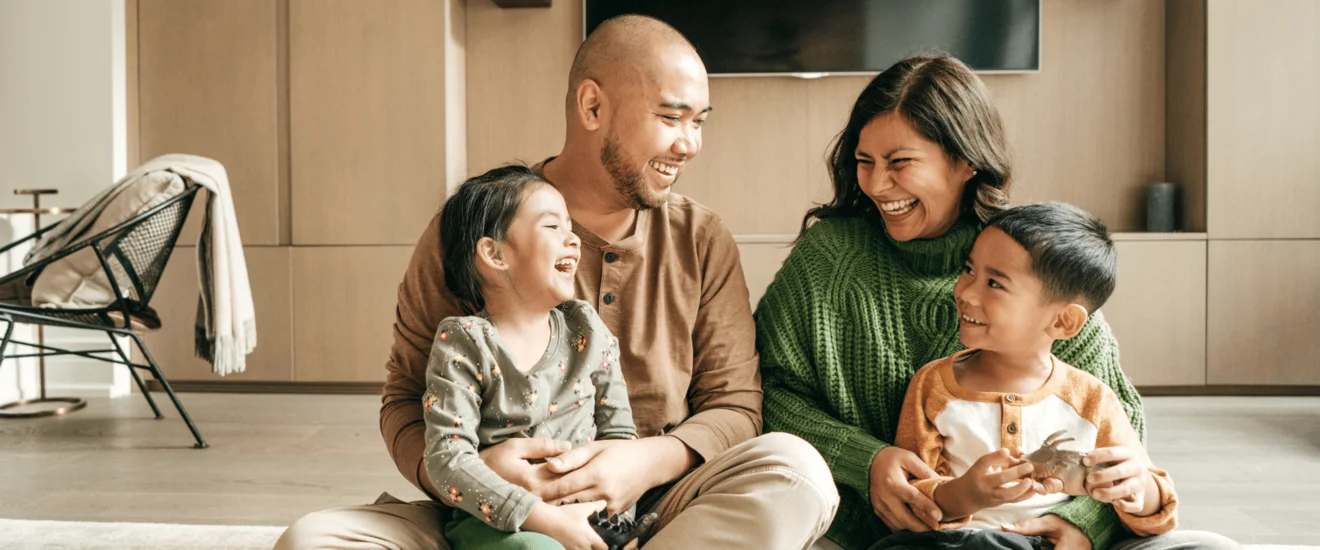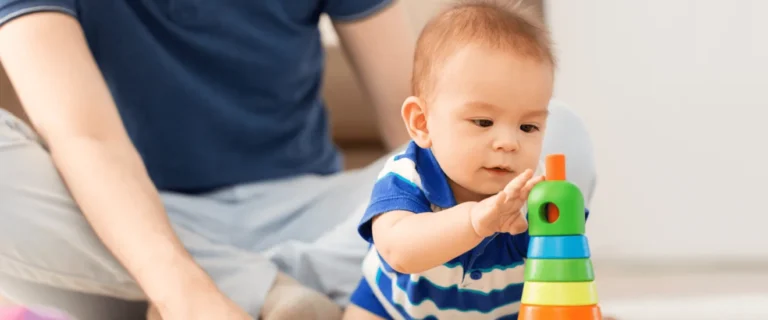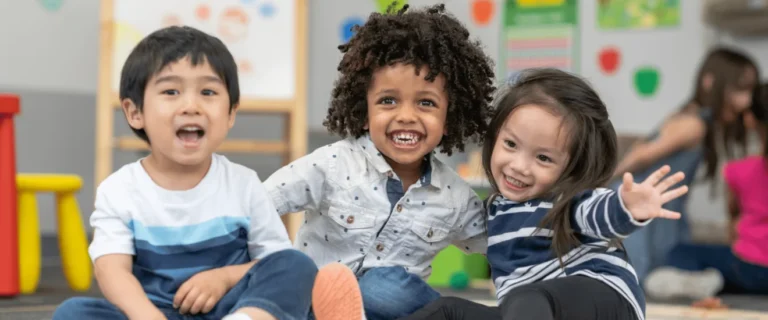In-home Applied Behavior Analysis (ABA) therapy can be an invaluable resource for children with autism. However, preparing your young child and the rest of your family for in-home ABA therapy is essential for a smooth experience and successful outcomes.
What is in-home ABA therapy?
In-home Applied Behavior Analysis (ABA) therapy is a personalized intervention designed to support children with autism in their home. ABA therapy uses evidence-based strategies to teach and reinforce positive behaviors while reducing challenging behaviors.
In-home ABA therapy brings the intervention into the child’s home, allowing for a more natural and holistic approach, and comfortable learning environment. This type of therapy is tailored to meet the unique needs and goals of the child.
ABA therapy, whether based at home or in a clinic, typically involves one-on-one sessions with a trained ABA therapist.
Talking to your child about therapy
Open and honest communication is key when discussing therapy with your child. When talking about therapy you want to be sure to:
- Use age-appropriate language to explain what therapy is and how it can help them.
- Emphasize the positive aspects of therapy. Talk about things like learning new skills and having fun with their therapist.
- Explain to them that therapy will feel like playtime and they will get to use and interact with some of their favorite toys.
- Encourage your child to ask questions and express any concerns they may have.
- Reassure your child that therapy is a safe and supportive environment where they can express themselves and learn at their own pace.
- Remind them that you or another caregiver will be home and there to support them as well.
Preparing your child for in-home ABA therapy
When preparing your child for in-home ABA therapy it is important to create a comfortable and welcoming space for therapy.
Here are some steps you can take to prepare your child:
- Set up a designated therapy area in your home. This space should have minimal distractions and good lighting.
- Familiarize your child with the structure of therapy sessions. Consider using visual schedules or timers to indicate the start and end of sessions.
- Encourage your child to actively participate in their therapy sessions. Offer choices and opportunities for engagement, such as choosing activities or toys for their therapy sessions.
- Prior to your child’s therapist arriving be sure to turn off all TV, videos, and screens. You want to do this at least 30 minutes before their session will start to prevent your child from associating the loss of an activity with their therapy session.
- Make sure your child is getting enough sleep and is well rested for their therapy sessions.
Preparing other children in the home for their sibling’s ABA therapy
If you have other children in the home, it’s important to prepare them for their sibling’s ABA therapy too. To foster understanding and support among your children be sure to:
- Explain the goals of therapy and let them know how they can support their sibling.
- Address any concerns or questions siblings may have about their brother or sister’s therapy. Emphasize the importance of patience, kindness, and inclusion.
- Set clear boundaries and expectations during therapy sessions. Ask that they respect the therapy space and avoid interruptions.
- Work with your child’s therapist to find opportunities for siblings to participate in therapy activities.
- Celebrate therapy achievements and milestones together as a family.
What to do when you have two (or more) children in therapy?
Juggling therapy for multiple children can be challenging. But, it is manageable with careful planning and coordination. Here are some tips:
- Communicate with your children’s care team about the needs and schedules of each child.
- If both of your children will be receiving therapy at the same time be sure to designate separate spaces for each child’s therapy session.
- Work with your therapy team to identify opportunities for joint therapy sessions or sibling interactions if clinically appropriate. This can help promote social skills development and peer engagement depending on the age of your children.
At Opya we specialize in early intervention in-home ABA therapy. Click here to learn more about our services and how we can help your child!






